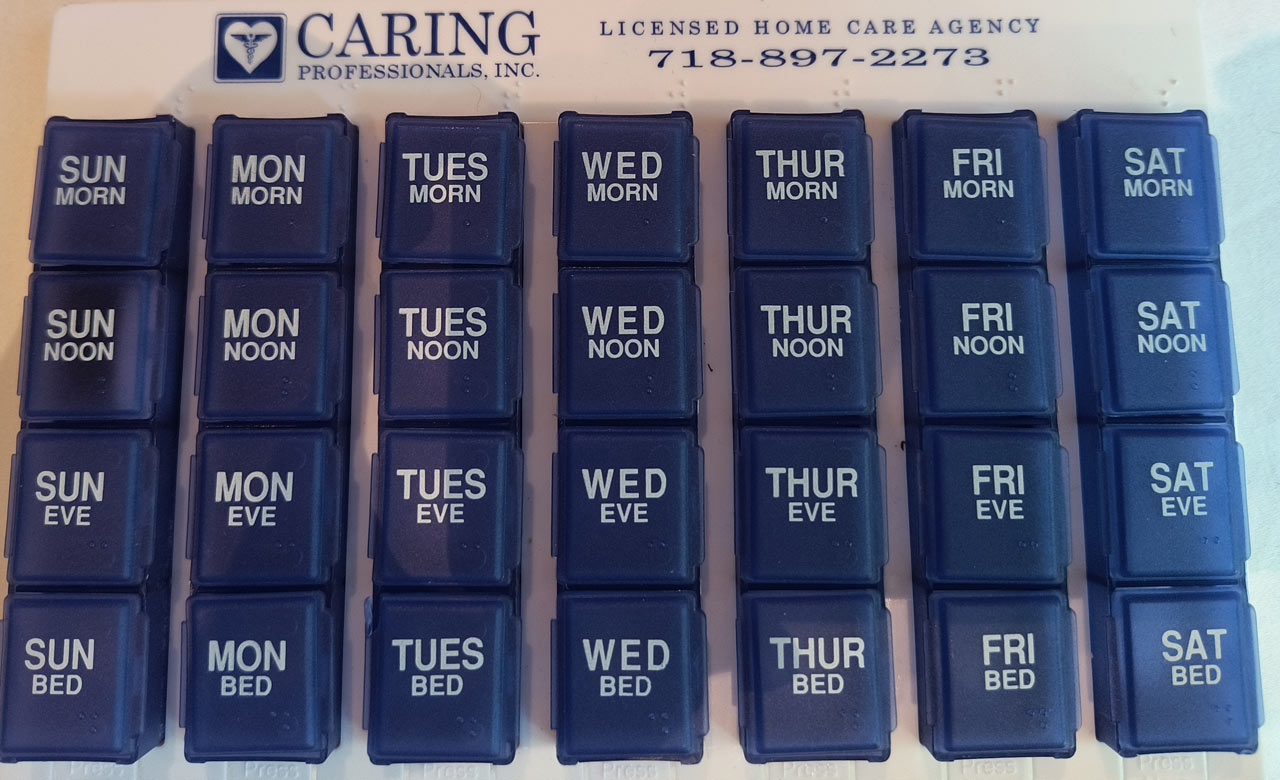Stay on Guard Against Scams
Phone, email and other scams can be even more prevalent during the holidays.
The topic of scams on the elderly is important for both relatives of, and the individuals who fall into the older demographic scammers frequently target. Older generations have lived very full lives, and are often educated and aware scams are possible–so what makes them more prone to scams? The FBI shared these top reasons:
- Good finances and savings. Con artists know that older, retired people are more likely to have a nest egg, own their home, or have excellent credit.
- Raised to be polite. Scammers know that the generations born from the 1930s-1950s have a harder time hanging up the phone, saying no, or ignoring someone who might be in need.
- Fraud goes unreported. Many fraud cases are not reported because the victim doesn’t know who to tell, and/or they don’t want to let family members know they were vulnerable and made a mistake trusting a scammer.
- Victims make poor witnesses. Fraudsters know that even those who report a scam may have trouble remembering some of the details of the crime, making it harder for police to find the person(s) behind the scam.
Scams can come in many forms, from door-to-door sales people, email phishing scams, fraudulent phone calls, and pop-ups on a computer. Here is a list of common scams to look out for:
- Phone calls from government officials. Scammers often pretend to be police or lawyers looking to help a friend or relative, or IRS claiming back taxes.
- Family in need of help. Con artists will also pose as a family member in need of help, often giving vague information to get answers; saying things like, “Grandma, guess who this is!”
- Medical or insurance offers. This could be someone posing as a Medicaid official asking for information, a company offering deals on prescription drugs, or someone with claims to a new, anti-aging product.
- A pop-up or email claiming tech support. These can be combined with messages offering special senior discounts, or warning that urgent updates need to be made.
- Fake charities seeking support. This can be a tricky one because many people want to help out charitable causes, especially during the holidays.
- Offers for the “lucky ones.” Everyone loves to get a great deal or win something for free. Travel offers, free trials, extended warranties, investment opportunities or mortgage offers are tactics scammers use to get more information or money up front.
The tricky part of all these scams is that there are constantly people out there thinking of new scams to prey on the elderly. While it’s useful to be informed about common scams, it’s even better to know how to protect yourself from the possibility of a new scam as well.
- If an offer sounds too good to be true, do more research. You can call the Better Business Bureau, search online about the company or offer, or ask a relative to get another opinion.
- If anyone asks for personal or financial information, double check the source. For scams posing as a bank, healthcare or charity, for example, do not respond to the initial email or phone call. Instead, contact the company directly through their own website or phone number to confirm the legitimacy of the information needed. This is also useful because if the initial contact was a fraud, others can be warned.
- Get outside help to prevent possible problems. Opt out of mail and email solicitations with the help of legitimate companies like OptOutPrescreen.com or DMAchoice.org, and/or block automated robocalls (your phone company can help with this). A trusted family member can also help monitor bank accounts to help detect fraudulent charges faster–ask your bank for other options they can offer too.
Here is a list of additional resources that may be helpful:
New York Consumer Protection Complaint Form
https://www.dos.ny.gov/consumerprotection/form/ComplaintForm1.asp
United States Senate Special Committee on Aging
https://www.aging.senate.gov/fraud-hotline
Better Business Bureau
www.bbb.org/scam-stopper
FTC Do Not Call Registry
1-888-382-1222
www.ftc.gov/donotcall
Internet Crime Complaint Center
The Internet Crime Complaint Center (IC3) is a partnership between the Federal Bureau of Investigation (FBI) and the National White Collar Crime Center (NW3C).
www.ic3.gov
Free Annual Credit Report
1-877-322-8228
www.annualcreditreport.com






